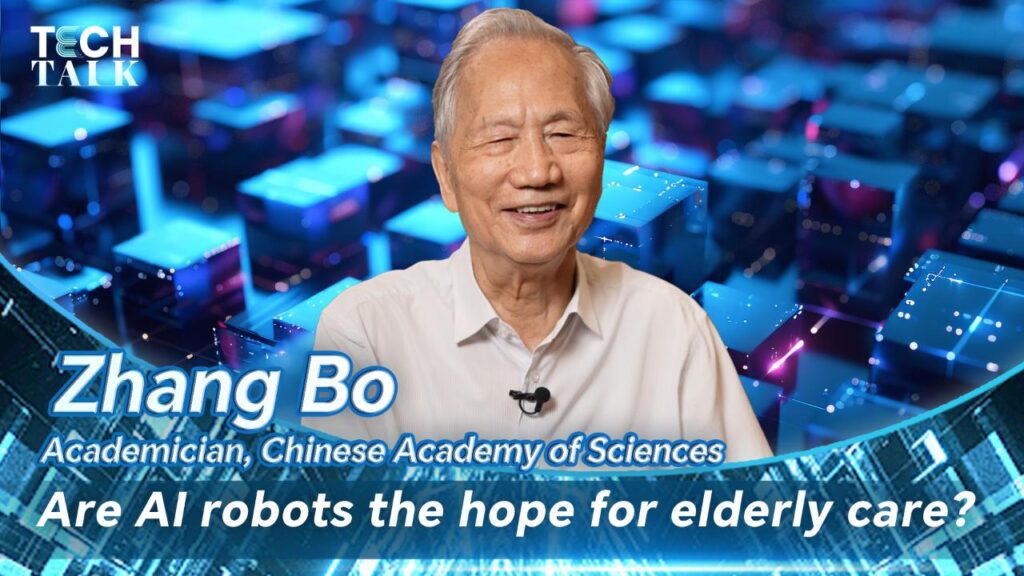Are AI Robots the Future of Elderly Care?
In today’s fast-paced world, the conversation around utilizing technology in eldercare is becoming increasingly prominent. As our population ages, the need for innovative solutions to support elderly individuals grows. One such solution that is gaining traction is the use of AI robots in elderly care.
Understanding the Landscape of Elderly Care
Did you know that over 1 billion people worldwide are projected to be 65 years or older by 2030? With this significant demographic shift, traditional caregiving methods are becoming stretched thin. That’s where technology comes in, particularly the revolutionary advancements in artificial intelligence.
The Promise of AI Robots
AI robots come equipped with sophisticated algorithms and machine learning capabilities, enabling them to assist with various tasks. From monitoring health metrics to providing companionship, these robots can act as an extra set of hands—and sometimes hearts—in caring for the elderly.
Take, for example, the case of Mrs. Wong, a 78-year-old resident of a local care facility. Since the introduction of a friendly AI robot named "Eddy," Mrs. Wong has experienced a marked improvement in her mental well-being. Eddy not only reminds her to take her medications but also engages her in light conversation, making her feel less isolated.
Gradual Integration is Key
While the potential benefits are clear, experts advocate for a gradual introduction of AI robots in elderly care settings. According to a recent statement from an esteemed academician, it’s crucial to merge personal care with technological assistance, ensuring emotional connections between caregivers and the elderly remain intact.
Early Warning Systems: An Added Benefit
One particularly exciting development is the integration of AI with health monitoring systems. A cutting-edge project utilizing 30 years of alarm call data has birthed a new early warning system—ideal for flagging potential health concerns among older adults before they escalate into serious issues. Imagine a robot that not only tends to a resident’s daily needs but also alerts caregivers about potential health risks. This technology can serve as an essential lifeline in ensuring the holistic well-being of elderly individuals.
Local Impacts and Community Involvement
It’s vital to consider how these innovations thread into our local communities. For instance, areas like Hong Kong are known for their strong family ties and social networks. By incorporating AI robots into eldercare, families can maintain involvement while utilizing technology to enhance their loved ones’ quality of life.
A Unique Perspective: Balancing Tech and Tenderness
The introduction of AI robots shouldn’t overshadow the human touch that is so integral to caregiving. In my opinion, the most effective approach is one that balances the efficiency of technology with the warmth of human interaction. Robots can handle tasks that free up caregivers’ time, allowing them to spend more quality moments with those they care for.
Conclusion: Looking Ahead
As we move forward, the amalgamation of AI and elderly care holds immense promise. It’s not just about replacing human caregivers; it’s about enhancing their capabilities and enabling our elders to live healthier, happier lives.
The AI Buzz Hub team is excited to see where these breakthroughs take us. Want to stay in the loop on all things AI? Subscribe to our newsletter or share this article with your fellow enthusiasts.




